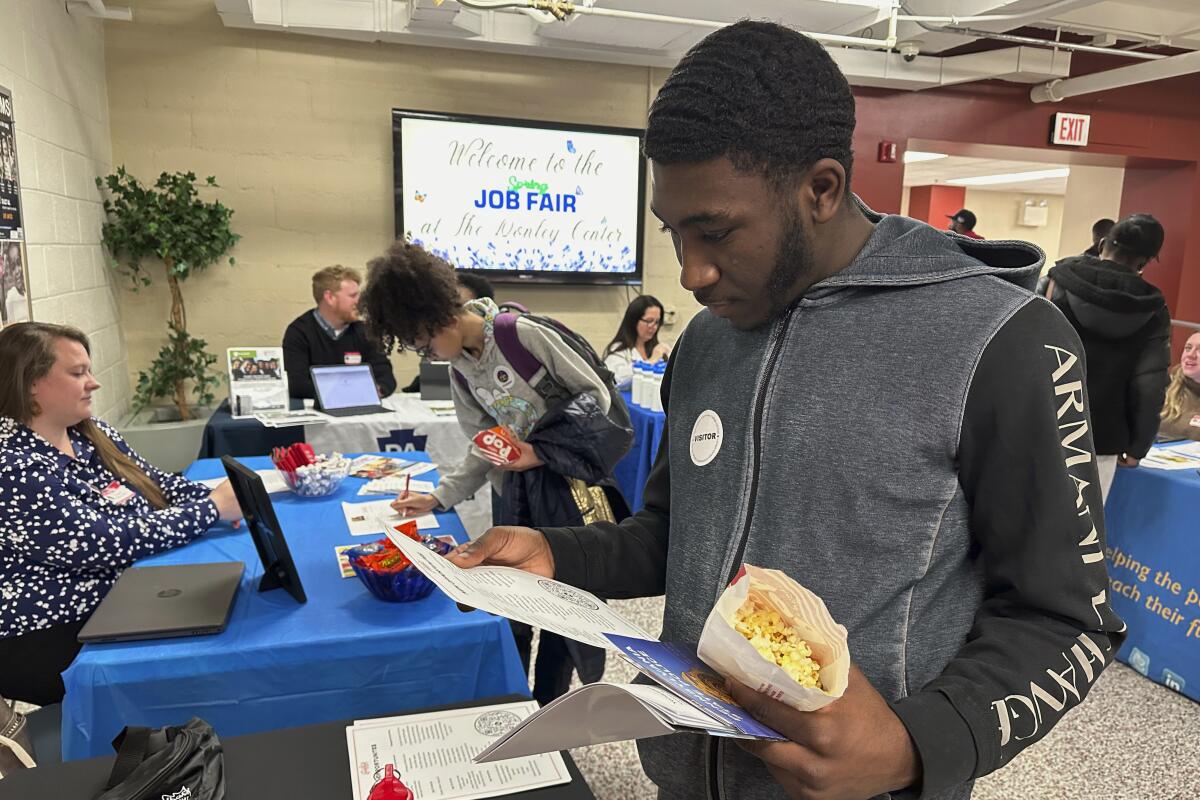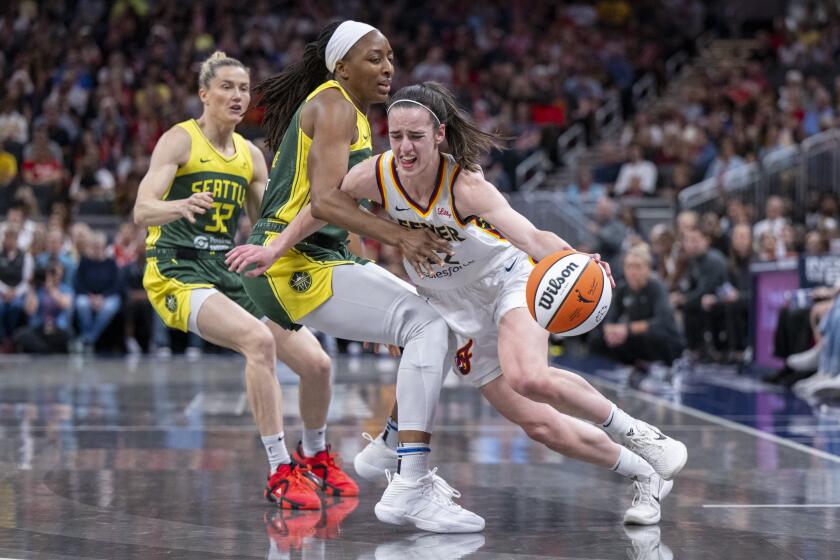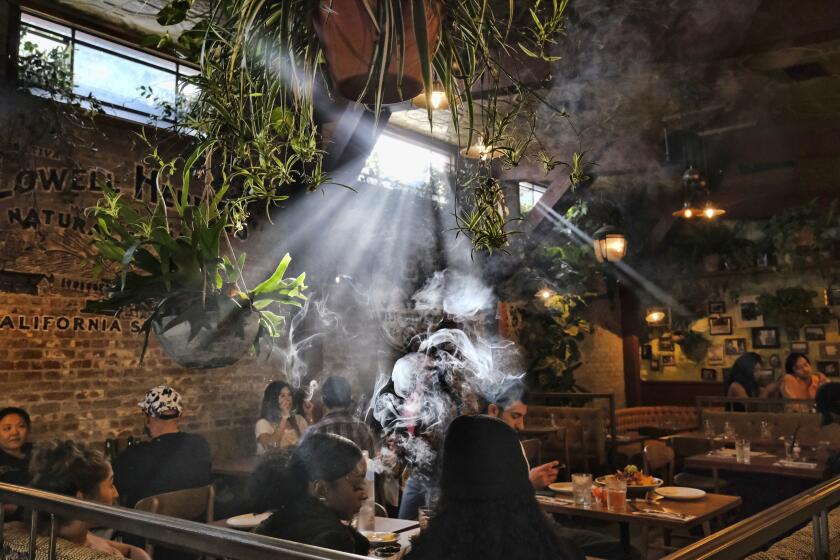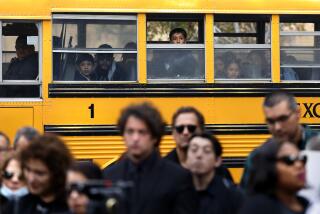Column: So what if Gen Z applicants bring their parents to a job interview?

Bring your parent to school, bring your child to work, bring your mother to a job interview.
That last one may stick out as odd, but it is apparently a growing phenomenon in the workforce. A recent study indicates that as much as 25% of Generation Z job applicants have brought a parent with them to a job interview in the past year.
The image may seem ridiculous. But there’s a clear path that led us here.
Opinion Columnist
LZ Granderson
LZ Granderson writes about culture, politics, sports and navigating life in America.
Let’s start with employers saying younger applicants are unprepared. That should not be altogether surprising given the havoc the pandemic played on the world’s education system and the lives of young people during formative years. The ramifications stemming from years of interruption in learning and social development are beginning to show up in the workforce.
Last fall, when I started teaching a college class, it took weeks for me to get my students to make eye contact and speak in class to one another — and some of them want a career in communication. I’ve spoken to friends who are also educators, and they have seen the same.
Her fans are outraged, imagining she’s being mistreated on the court. But it’s the fans who are treating her differently. She’s no damsel in distress.
Which is why some young people would opt to bring a familiar face into an unfamiliar setting. And in some cases, they’ll choose the only adults they interacted with in person while we were sheltered in place: their parents. The image doesn’t seem so ridiculous when you think about it like that. Because of the applicant’s understandable social awkwardness — anxiety, avoiding eye contact — the presence of a parent can bring reassurance. That doesn’t mean the young person can’t do the job without Mom or Dad. It means that job interviews are stressful. It means the pandemic’s full toll is still becoming apparent.
What we have been experiencing in this post-pandemic world is a cultural shift in labor that is redefining what it means to work. Now society is welcoming into this uncertain world of work young people who didn’t get a chance to decipher human interaction like everyone else because they spent so much time isolated and worse: on social media.
Letting weed dispensaries sell food would be a long-overdue concession to business owners and would even help to get people socializing again.
Sure, bringing your dad to a job interview is unusual. But what exactly about the past four years screams “usual”? We just went through a once-in-a-century pandemic during which children couldn’t see their friends and parents couldn’t find work or toilet paper.
The weirdness isn’t all distant memory. About a month ago, there was a strip of the country that experienced 100 tornadoes in a week. No wonder Gen Z’s No. 1 issue is climate change. The weather can’t capture much attention though because even 100 tornadoes isn’t the strangest news. We’re all pretty distracted by the felon running for president.
So again, what has been normal about the times in which today’s young adults have come of age?
Perhaps instead of ridicule — which I’ve seen a lot of in response to the reports about parents being brought to interviews — why don’t we try some compassion?
Between 2018 and 2022 the math and reading scores of 15-year-olds fell by 15% and 10%, respectively. That most likely means many of today’s high school seniors are still playing catch-up. Not because they are entitled or have poor work habits but because at the age when they were supposed to be learning to adult, they were watching the world go to hell.
The narrative that Gen Z is immature is unfair for singling out this bloc, but not entirely wrong about young people in general, throughout history. It’s a legal fiction to imagine adulthood begins for everyone on their 18th birthday. In reality the prefrontal cortex — the part of the brain that handles decision-making — doesn’t fully mature until 25. Maybe mentoring is needed instead of mocking. Because in the big picture there are worse ways to emerge from a chaotic childhood than needing a parent for reassurance at some early stressful moments.
More to Read
A cure for the common opinion
Get thought-provoking perspectives with our weekly newsletter.
You may occasionally receive promotional content from the Los Angeles Times.














